Lockdown advice: A letter to Sydney from Melbourne, a city that’s been there
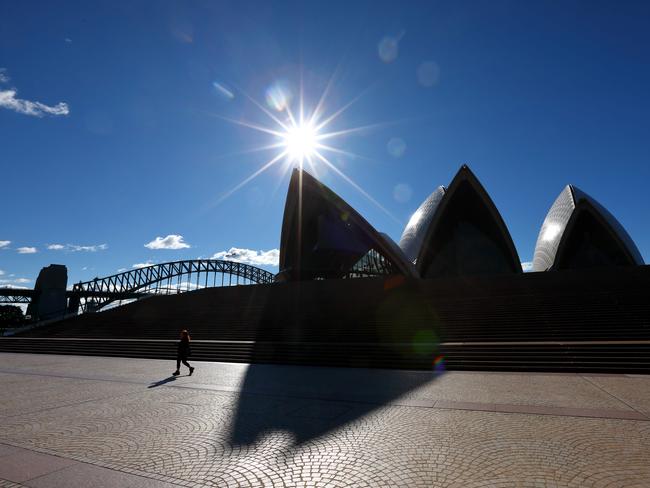
When the suggestion whispered like a prophecy of doom that NSW Premier Gladys Berejiklian was liable to lock down the City of Sydney and its environs, an odd emotion overtook those of us from Melbourne who were victims of the longest lockdown in the history of the world, and even in the most tender-hearted that emotion was just a bit like schadenfreude. “Now it’s your turn,” we thought for a brief heartless moment.
In fact, you wouldn’t wish an extended lockdown on anyone, any more than you would wish on Daniel Andrews, the Victorian Premier of supreme self-confidence who imposed the lockdown in Melbourne and outstared every question hurled at him in press conferences – even the bodyline ones by Peta Credlin – the terrible injuries he suffered from that fall of his.
History will decide how many of the 655 deaths in aged care were the responsibility of the Andrews government and how much federal government neglect played its part.
But Andrews’ sweeping autocratic assertiveness alienated as many of his natural supporters as it commanded the loyalty of a lot of conservatives who thought their Premier with his warrior stance would slay the dragon of the virus if anyone could.
And still, with the excruciatingly long lockdown, the cure seemed worse than the disease. Berejiklian is a more slippery and softer character than Andrews, but what should Sydneysiders expect, and how should they cope with the drawn-out austerities if they come?
After all, many Melburnians didn’t find themselves at dinner with their friends or going to a cinema for months on end. It’s a strange melancholy thing when you start missing the ancient pub mates you’ve seen every week or two for decades.
Even if you essentially work at home, as I do, the world contracts. The city you’ve known all your life becomes a distant memory, a deserted vista. The idea of idle sauntering shopping comes to seem like a visit to the moon. People can’t go to the gym, they can’t go to church or to their yoga classes, they can’t get their hair cut by hairdressers who know what it’s supposed to look like. They come to yearn for the public transport they always found a bore. And the office in which they used to bitch and toil and that seemed such a site of resentment comes to seem like a blessed centre of life.
During the 112-day lockdown people rushed to whatever holiday home they might have to get work done if they were university students or to shun the whole shemozzle if they were retirees or stay-at-homes.
God knows what it was like for people who were isolated or psychologically at risk.
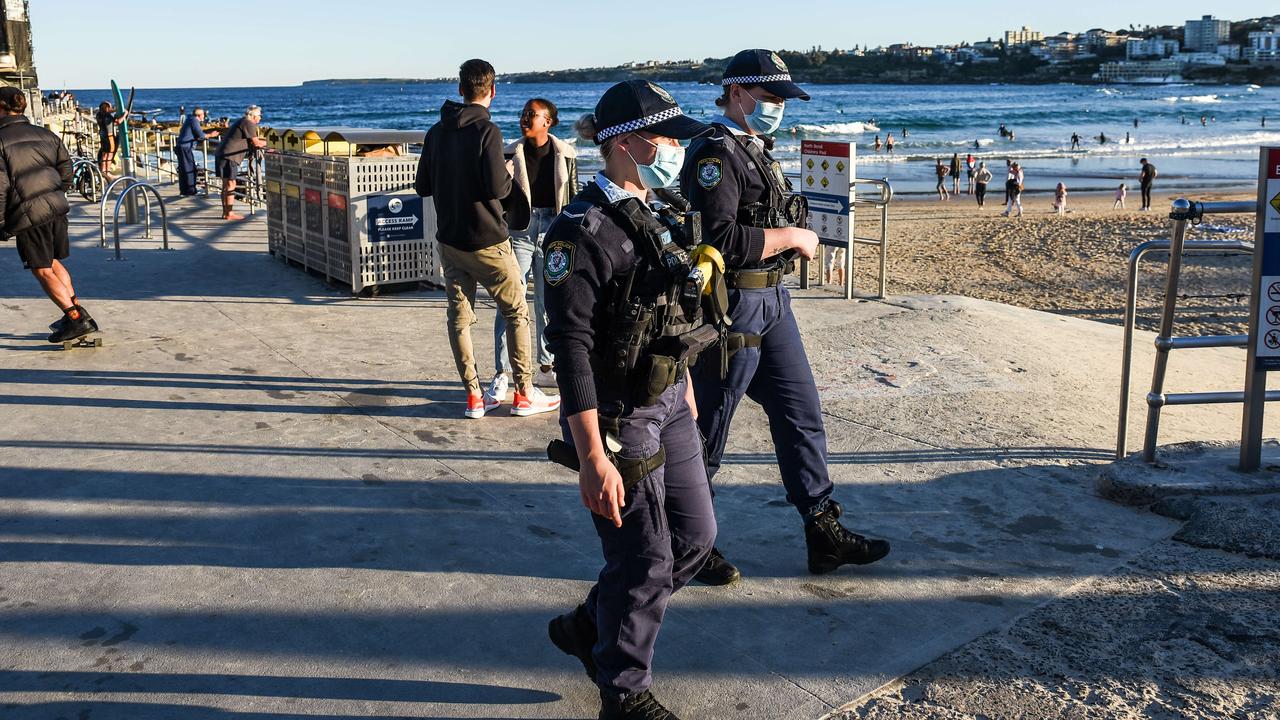
Psychiatrist Pat McGorry said grimly a death by suicide was just as much a death as a death by Covid and, besides, even if you weren’t stretched to your limits – and many people were – what was it like for a single mother, Muslim or Anglo, with a brood of schoolkids in a housing commission flat and one clapped-out laptop?
I remember the power of understatement behind the expressionlessness with which a seasoned journalist, a master of reportage, said to me, “I’ve got two teenage boys bouncing off the walls.” Of course it wasn’t the Taliban storming into Kabul, it wasn’t the Blitz during the Battle of Britain, but it wasn’t nothing.
So how did we cope in Melbourne? As best we could. Some parents had the unexpected comfort of their millennial kids coming home to be safe. Others saw them flee to escape the claustrophobia. People read, they watched television, they messaged and Skyped.
A word to the wise in Sydney. Use every form of diversion, ancient and modern. I know several people – in fact, a former attorney-general, a former High Court judge and a young millennial who’s now a judge’s associate – all of whom read War and Peace during the height of Melbourne being closed down.
A lot of people forsook the telephone and simply stayed in touch with their friends – perhaps particularly their dinner party friends – by email and text message. Well, the young know how to use the latter as a form of rat-a-tat intimacy, which is a mystery to me. I wrote longer emails, often with no professional context. The use of the phone was a great solace when you heard the voices of the friends you could no longer see, and Skyping or Zooming was as rich and exotic as seeing all the great first nights in history.
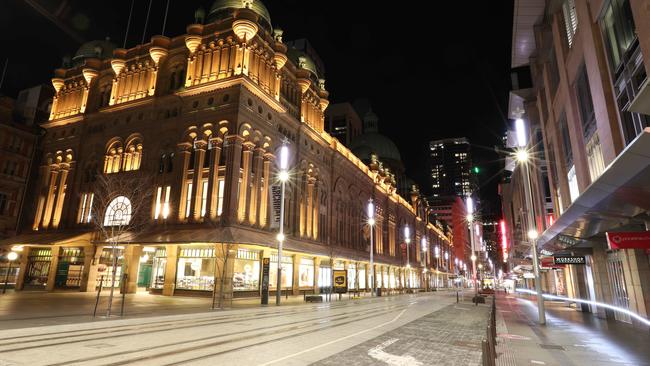
At the same time – and this was a melancholy-making exercise Sydney sufferers should be aware of – there was a tendency on everyone’s part to withdraw into their shells. To pretend that the solitary way was the best way.
Some fiction writers wrote like there was no tomorrow. For others – British novelist Philip Hensher has written about this – the way the outside world diminished, if it did not evaporate, made writing a virtual impossibility.
The lack of easy contact with family and friends and acquaintances and foes is dangerous for the imagination.
In the absence of live entertainment, TV – which has grown to a peak of excellence in the context of the virus with shows such as Mare of Easttown, The Virtues and Physical – certainly kept people going.
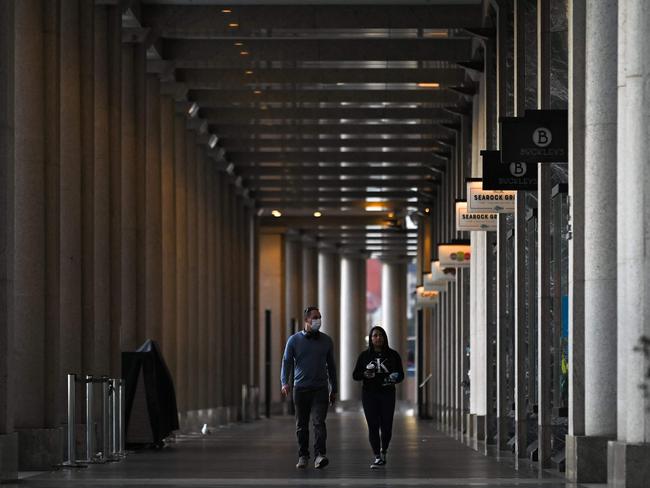
My advice to anyone in Sydney who is shut down, locked out of life, would be to go in the War and Peace direction. Watch the Marlon Brando-Vivien Leigh film of A Streetcar Named Desire again; if you love Stanley Kubrick’s films, watch them all again. Be concerted, be obsessive, lose yourself in pleasures, whether they’re difficult or easy. So read Marcel Proust, watch or listen to Shakespeare, learn Cordon Bleu cooking or ancient Greek. Look at the footage, as often as you like, of your favourite sports events and stay in touch as best you can, as often as you can, with those you care about.
A virus, however bloody, can’t lock down life. It’s encouraging that a Coalition government is willing to dig into its pocket to save lives and livings, just as it’s sobering to think a rapid and efficient vaccination program might have prevented this Sydney spectre.
But the best thing the great harbourside city of Australia can do is hold its breath and feed its soul.

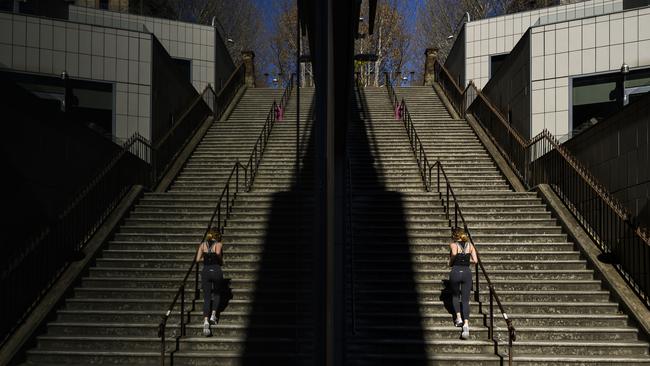


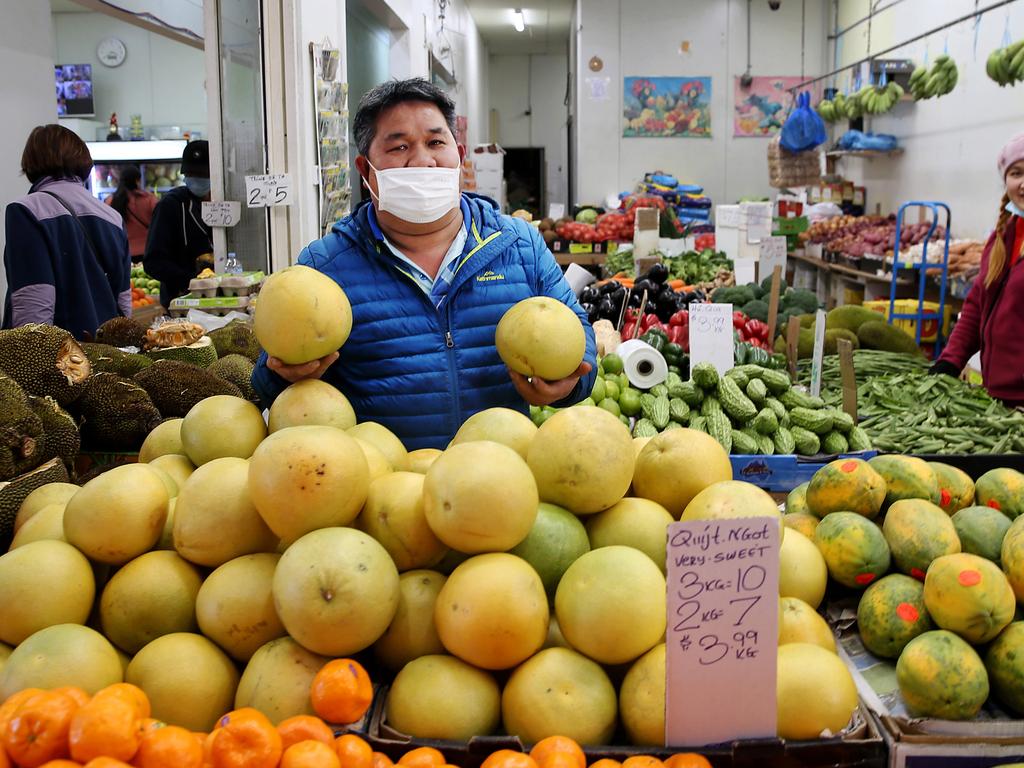
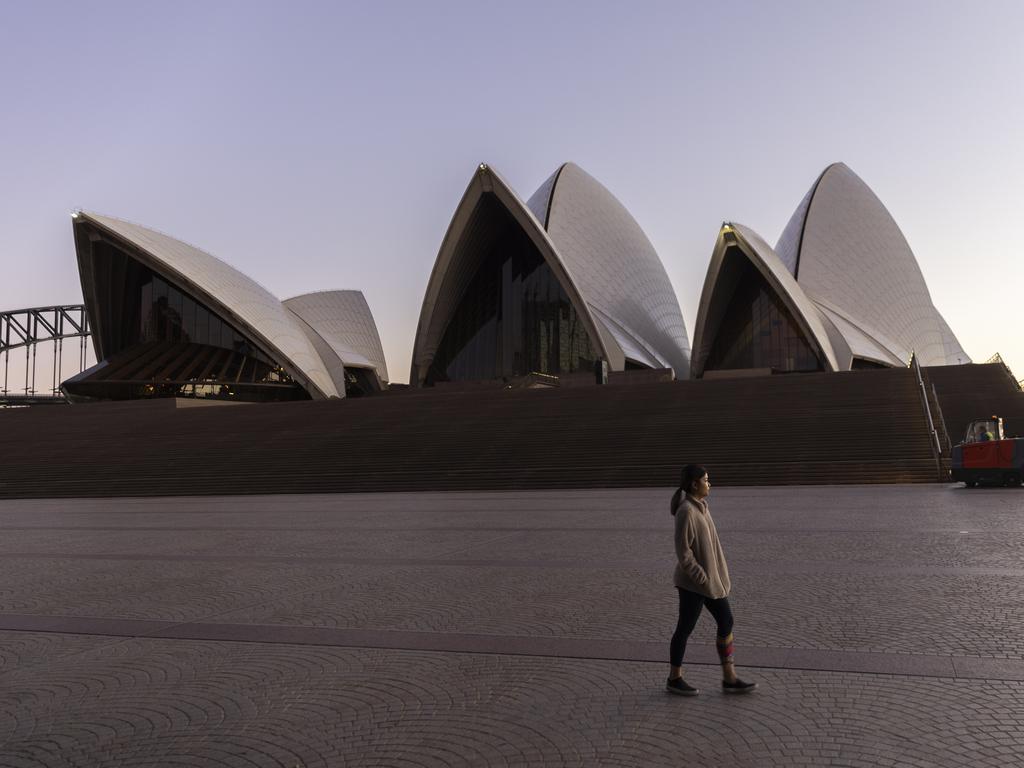


Dear citizens of Sydney,